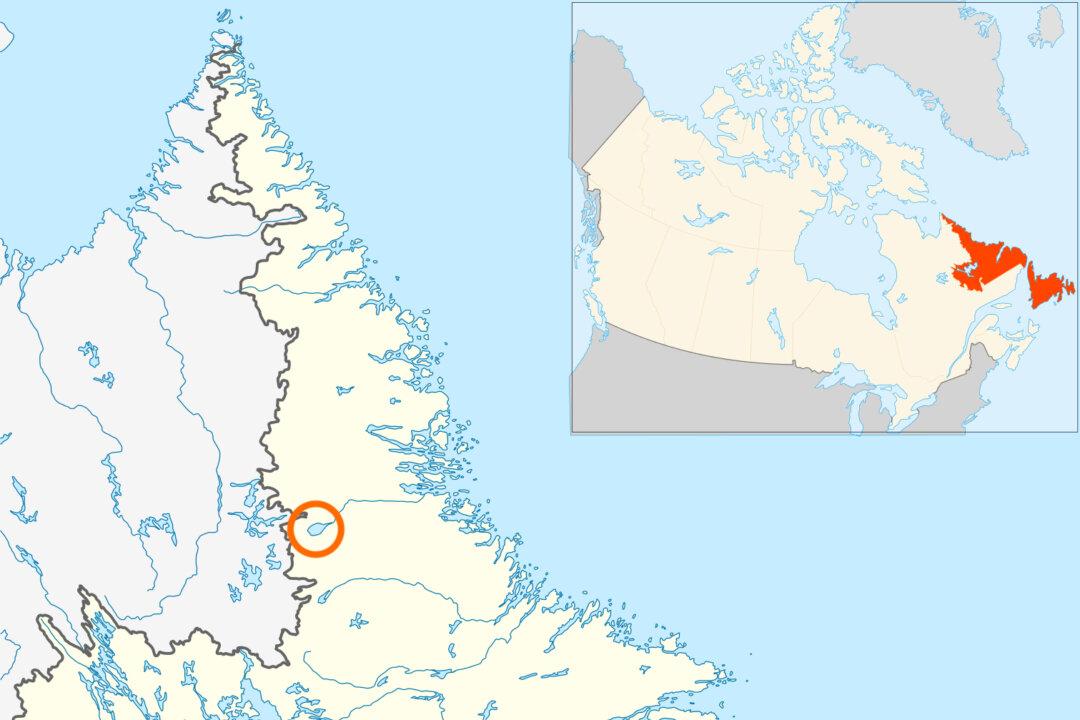OTTAWA—Foreign Affairs Minister Chrystia Freeland has again expressed concern over Beijing’s arbitrary arrest of two Canadians last December, while the opposition criticized the government’s lack of action.
“We strongly condemn the arbitrary arrest of Michael Kovrig and Michael Spavor,” Freeland said before the Foreign Affairs Committee of the House of Commons on May 28. “The government of Canada continues to call for their immediate release.”





